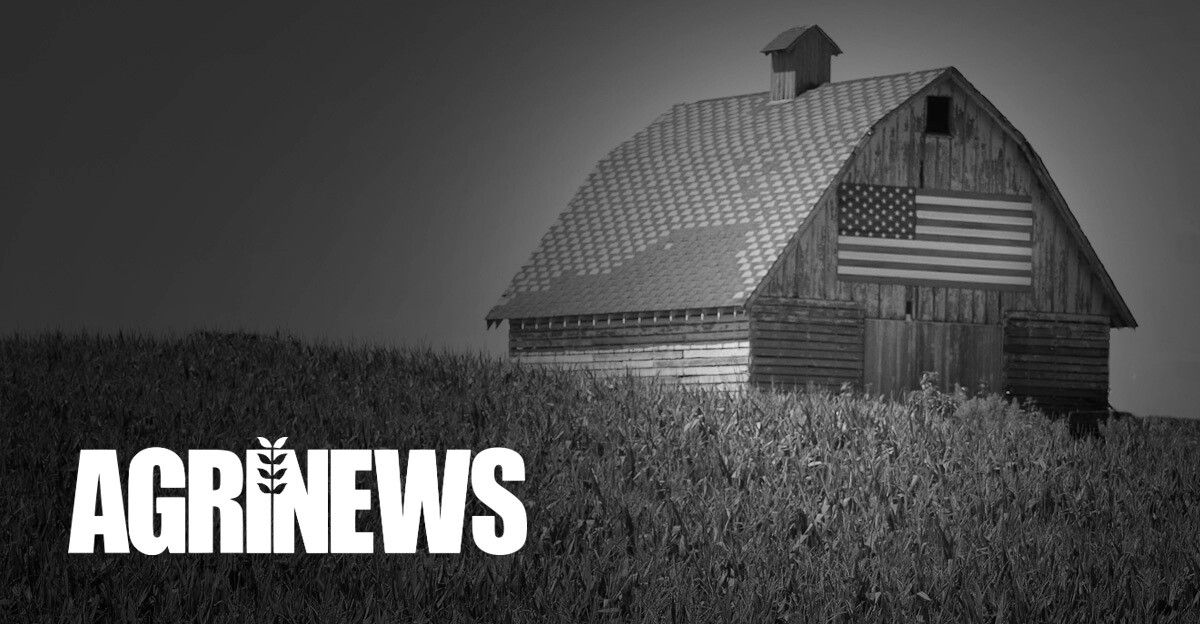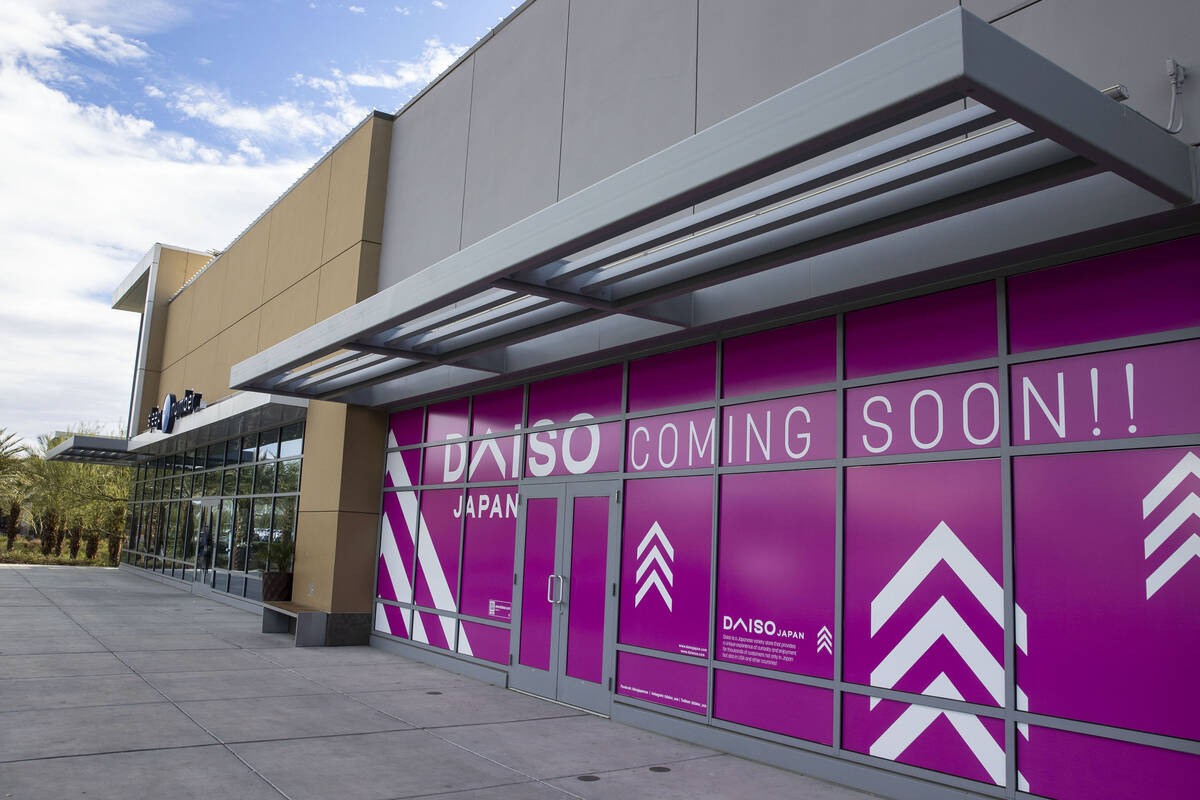LAS VEGAS (AP) – Mint and microbroccoli line the garden beds next to Diane Greene’s home in Boulder City, owner of Herbs by Diane, the small, year-round business that supplies Las Vegas restaurants and residents with local produce.
She harvests every day in the summer and wanders into the garden and the microgreen-filled greenhouse as early as 6 a.m. to pick the greenery before the summer heat harms the plants.
In the overwhelming desert summer, Greene and other farmers grapple with monsoons and scorching heat over the effects of the COVID-19 pandemic.
The triple combination has produced mixed results for local farmers in the Las Vegas community.
Greene told the Las Vegas Sun she was selling herbs and vegetables to restaurants and casinos, but they closed early in the pandemic.
She also sells through Garden Farms’ online marketplace – a departure from the in-person markets she attended before the pandemic.
“I thought it would be more popular than before,” she said. “But it’s picking up speed.”
In the virtual market, Greene sells herbs such as basil, chives and oregano, as well as mixed or single microgreens, products that, in their opinion, are popular with vegan customers because of the vegetable protein of the green.
The microgreens are grown in a neighboring greenhouse, but the other herbs and vegetables thrive in their outdoor garden, so an early harvest, either by them or their volunteers, is essential to sustain their supply.
To protect them from the heat, Greene can cover the plants with a shade cloth, a semi-transparent dark fabric that filters the sunlight while preventing a direct explosion at the same time.
Greene said she had volunteers to work on the food. However, it was difficult to hire full-time workers for the gardens and greenhouse.
Before the pandemic, Greene worked with 10 other employees, but many left Las Vegas due to safety and health concerns at the height of the pandemic, she said.
This reflects a hiring shortage among restaurant workers in April, Greene said, when multiple owners struggled to keep businesses afloat with so few employees.
“Nobody wants to work,” she says. “It’s just like the restaurants.”
Amanda Christiansen, owner of Cluck It Farm, said she had similar problems finding full-time farmers for her mixed vegetable and egg farm.
Some workers were only available for a few days while others she hired did not show up. More often, however, she did not get any applicants at all.
That summer, she and her husband worked out of necessity about 80 hours a week running the farm, including daily vegetable picking and maintaining their community farming program, the unique way the farm sells its produce.
The farm has a delivery driver, the only other full-time employee on the staff.
Her 13-year-old son, who is now back to school, helped out all day during the summer, as did Christiansen’s mother, who now lives in Tennessee.
“All are completely overworked,” said Christiansen. “This is not the lifestyle we will ever want to live. So we don’t know how long it will take. I think this will be over soon, but right now we just don’t want to deal with it, so we’ll find out I think. “
Wendy Wilson, assistant director of Garden Farms, which hires farm workers and connects them to local farms or private gardens and runs educational programs with nearby elementary schools, said the employee turnover rate was high during the pandemic.
Initially, hiring workers was easy at the start of the pandemic as many residents tried to grow their own vegetables with the assistance of Garden Farms workers in March 2020, Wilson said.
But around January workers started walking at a higher rate about every four to six weeks, Wilson said.
In particular, workers from abroad were available for a short time before they moved on and sought federal aid such as unemployment benefits, she said.
“I’m not sure how long this can be sustained for mom and pop businesses,” she said. “We’re a pretty small company, and I’m sure many feel the same.”
Working in the summer heat and alone can be exhausting and isolating, said Sarah Beatty, who started working at Garden Farms in June 2017.
She said she suspects workers may not be expecting the inconvenient costs gardening and farming could come with – although the work goes faster in the right headspace and with a fun podcast.
Beatty also said that her hourly wage, which increases as the hours work, is enough to sustain her life in Las Vegas. However, her savings from a previous job helped her hit her starting salary of $ 10 an hour, she said.
“When I started in the middle of summer, I didn’t understand what I signed up for,” she said.
In mid-July, rain rarely fell over Las Vegas, causing flooding and rubbish pollution.
Myrene Delos Angeles, co-owner of Sundown Mushrooms in Las Vegas, said rain isn’t a big problem for their indoor mushroom farm, which grows varieties like oysters, piopino and chestnuts depending on the season.
Sundown Mushrooms got its business license during the pandemic, Delos Angeles said. You and your partner – who both temporarily quit their jobs in a restaurant at the beginning of the pandemic.
In search of more environmentally conscious supplements as Sundown grows, Delos Angeles said it will be collecting water from heavy rainfall in the future to help in the cool, humid atmosphere where mushrooms thrive.
“The drought is really worrying for us, not just for our farm, but just for the city in general,” she said. “It doesn’t affect us that much because mushrooms don’t need a lot of water compared to our fellow farmers who grow vegetables.”
Sarah Stallard, farm manager for Las Vegas Livestock, said the wet weather brings joy to the pigs she tends, who enjoy rolling through the muddy puddles after rainfall.
When floods occur, the pigsties have a drainage system that limits the trapped moisture, she said. And while rainy days are playtime for the pigs, wet weather is harder to deal with because it’s harder to keep the animals dry and to fight off bacteria.
But even a lack of rain does not mean devastation for the farm, said Stallard. The pigs are fed with food waste from local restaurants and casinos, rather than home-grown grain.
Using a pre-existing food source instead of one that needs water to be produced makes Stallard less concerned about the drought, she said.
“We’re actually trying to get a negative carbon footprint,” she said. “Pigs can eat things that are not fit for human consumption and we cook it to get rid of bacteria so we can ingest a lot of different products, and that really allows us not to be so affected by drought.”
Although restaurants and casinos that provided them with leftover food closed in March 2020, Stallard said the school districts, which were also closed due to COVID-19, were providing them with food the children would not eat. Now, said Stallard, freeze them and build up the farm’s feed stock.
“I think it’s great that we’re working on a sustainable sector,” she said. “I always read all the news about global warming. It’s nice to know that we’re trying to do something about it. “












